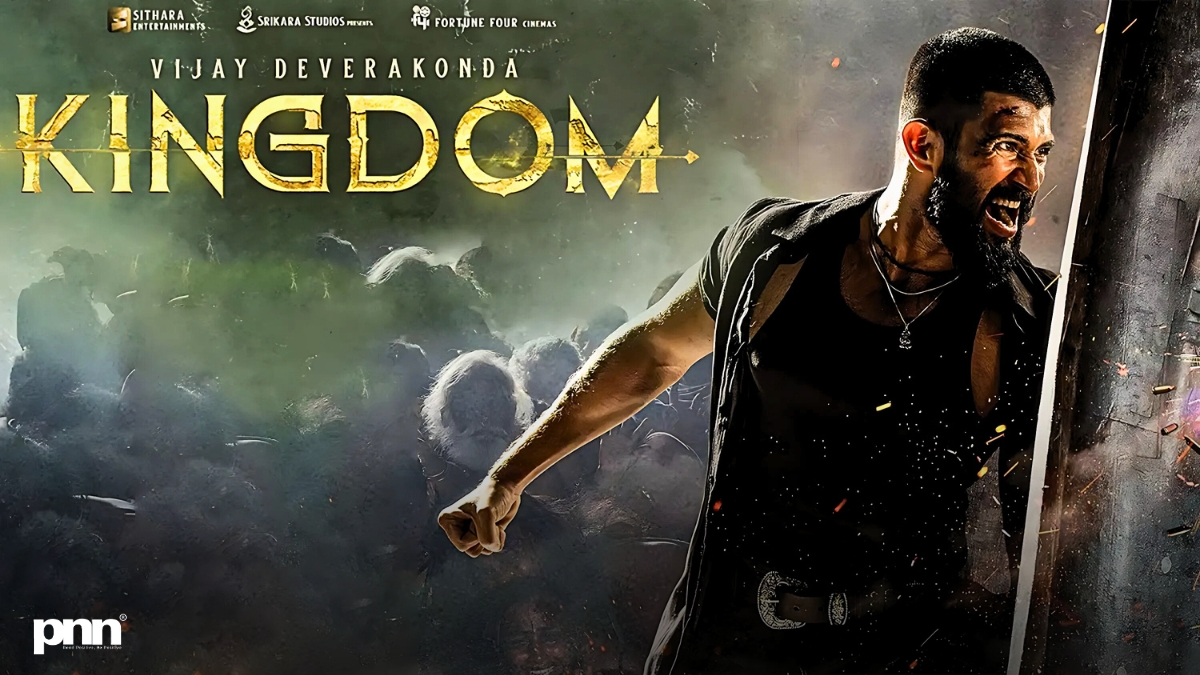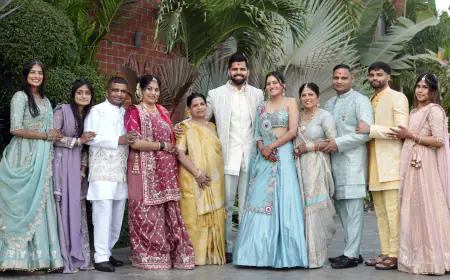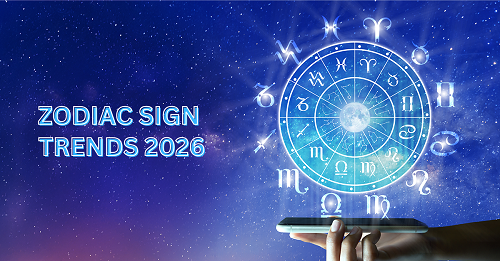Lost in Starlight 2025 Review: Netflix’s First Korean Animated Film Dares to Dream Big—But Does It Shine Bright Enough?
Lost in Starlight offers stunning animation and heartfelt romance but faces pacing and narrative challenges; a brave step for Korean animation globally.

Mumbai (Maharashtra) [India], September 15: Space has always been cinema’s favorite playground for existential crises and long-distance love stories. From Interstellar to Wall-E, we’ve seen humanity look upward when earthly drama becomes too predictable. And now, Netflix Korea takes its initial shot at the cosmic emptiness with Lost in Starlight (2025), a movie that promises stardust romance and sci-fi poignancy. The million-dollar question is: does it fly like a rocket or wobble like a paper plane? The answer, much like the galaxy, isn’t so black and white.
At first glance, Lost in Starlight wears the crown of novelty. Not just because it’s Korea’s maiden venture into full-length animated filmmaking for Netflix, but because it insists on blending K-drama’s sentimental DNA with Pixar-like visual poetry. Director Han Ji-won has pulled off something rare—crafting an animated feature that feels distinctly Korean yet comfortably global. And the reviews flooding in from Rotten Tomatoes and Reddit only prove how polarising that cocktail is.
The Plot That Floats Between Mars and Melancholy
The story revolves around an astronaut whose mother never made it back from space and an artist grounded on Earth. The two fall in love across planetary distances—literally. If that sounds like Your Name got teleported into Elon Musk’s Mars colony fantasy, you’re not wrong.
The romance is both tender and fragile, carried on the shoulders of yearning and voice messages transmitted across millions of miles. It’s a film that believes in the poetry of distance. Yet, somewhere in the interstellar mist, you can’t help but wonder if the screenplay leans too hard on clichés. Love letters in zero gravity? Emotional flashbacks with parental trauma? Been there, seen that, only with more Hollywood gloss.
What Works Like Rocket Fuel
-
Visual Grandeur: The animation is undeniably stunning. Nebulas painted like watercolors, Martian skylines glowing with melancholic hues, and facial expressions that betray a very K-drama-esque ache. It’s not just space—it’s space with feelings.
-
Music That Echoes in Silence: The score, delicate yet haunting, feels like a character of its own. The piano sequences evoke isolation while the orchestral bursts remind you of cinema’s grandeur.
-
A Brave First Step: Let’s face it—South Korea could have easily stuck to what it knows best: rom-coms, thrillers, and zombie flicks. Venturing into feature animation for global audiences? That’s gutsy.
What Doesn’t Survive Orbit
-
Pacing Issues: At 96 minutes, the film still manages to drag. The middle act floats endlessly like an abandoned satellite.
-
Emotional Overload: Koreans love melodrama—sometimes to death. Here, the melodrama occasionally feels like gravity pulling the story down rather than propelling it forward.
-
Comparisons Are Brutal: Global audiences, naturally, compare this to Pixar, Makoto Shinkai, or even Love, Death & Robots. Against such giants, Lost in Starlight sometimes feels like a beautiful rough draft.
Audience Reactions: From Reddit Snark to Tomato Tosses
Reddit, being Reddit, has split the house. Some users gush about the “emotional intimacy in space” and laud Netflix for backing something so experimental. Others, with less mercy, call it “K-drama in space without the charm” or complain about its slow-burn style.
Over on Rotten Tomatoes, critics echo the same. A fair chunk appreciate the ambition, but the consensus hovers around “visually gorgeous, narratively shaky.” In other words, the kind of movie you recommend to your cinephile friend but not to your hyper-impatient cousin who thinks Fast & Furious in Space would be peak cinema.
Why This Film Still Matters
Here’s the catch: Lost in Starlight isn’t just another Netflix title lost in its infinite scroll. It’s symbolic. It represents Korea’s arrival on the global animation stage, a challenge to the West and Japan, and a signal that streaming platforms are ready to bankroll ideas that studios once laughed off.
Sure, it’s imperfect. But so was early Pixar. And if Korea continues experimenting, we might see a golden age of animated features from Seoul in the next decade. For that reason alone, Lost in Starlight deserves its spot in your “must-watch, but with patience” queue.
Final Verdict
Lost in Starlight is like staring at a breathtaking night sky: awe-inspiring, moving, but also overwhelming in its emptiness at times. It dares to dream, occasionally stumbles, but leaves behind a trail of cosmic hope.
If you’re a sucker for animated romance and can forgive narrative hiccups in exchange for visual poetry, board this spaceship. If not, maybe wait for the next ride Korea has planned.
PNN News



















































